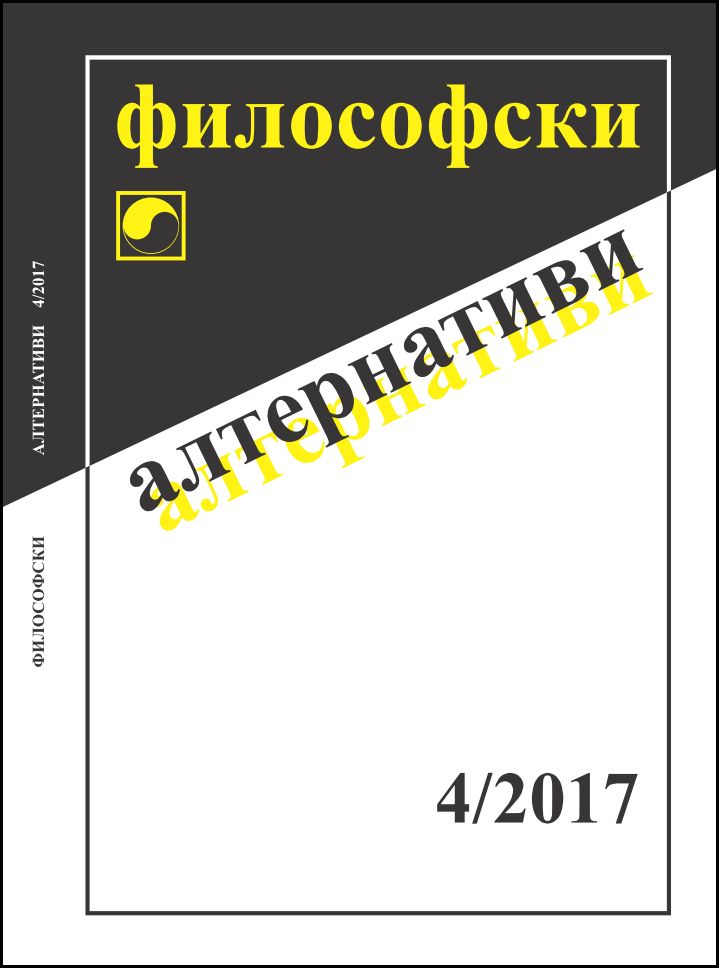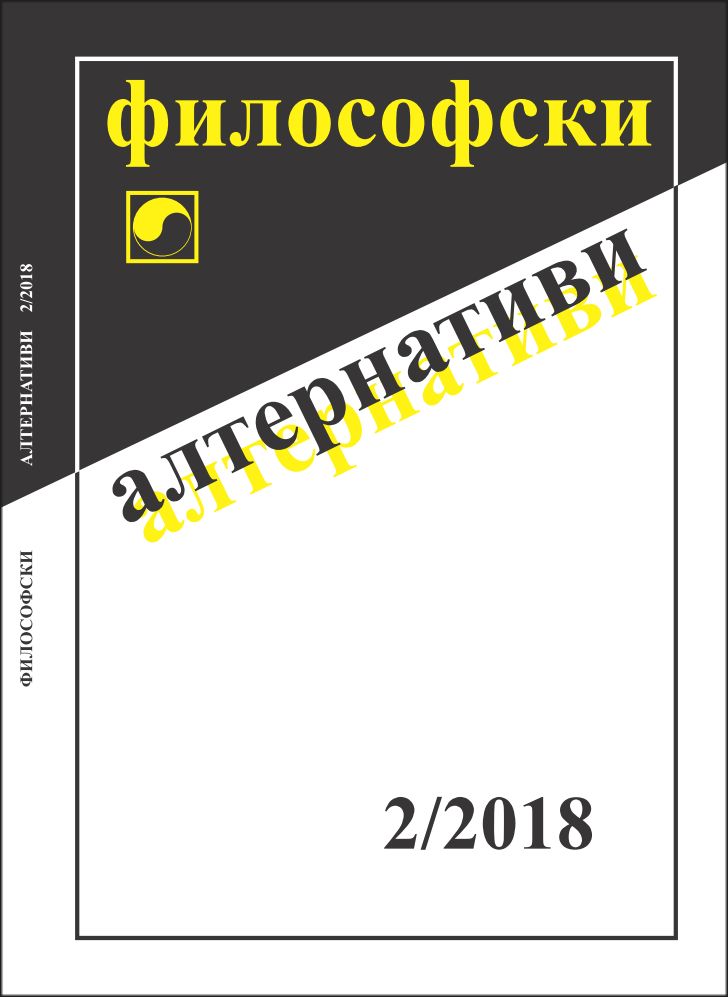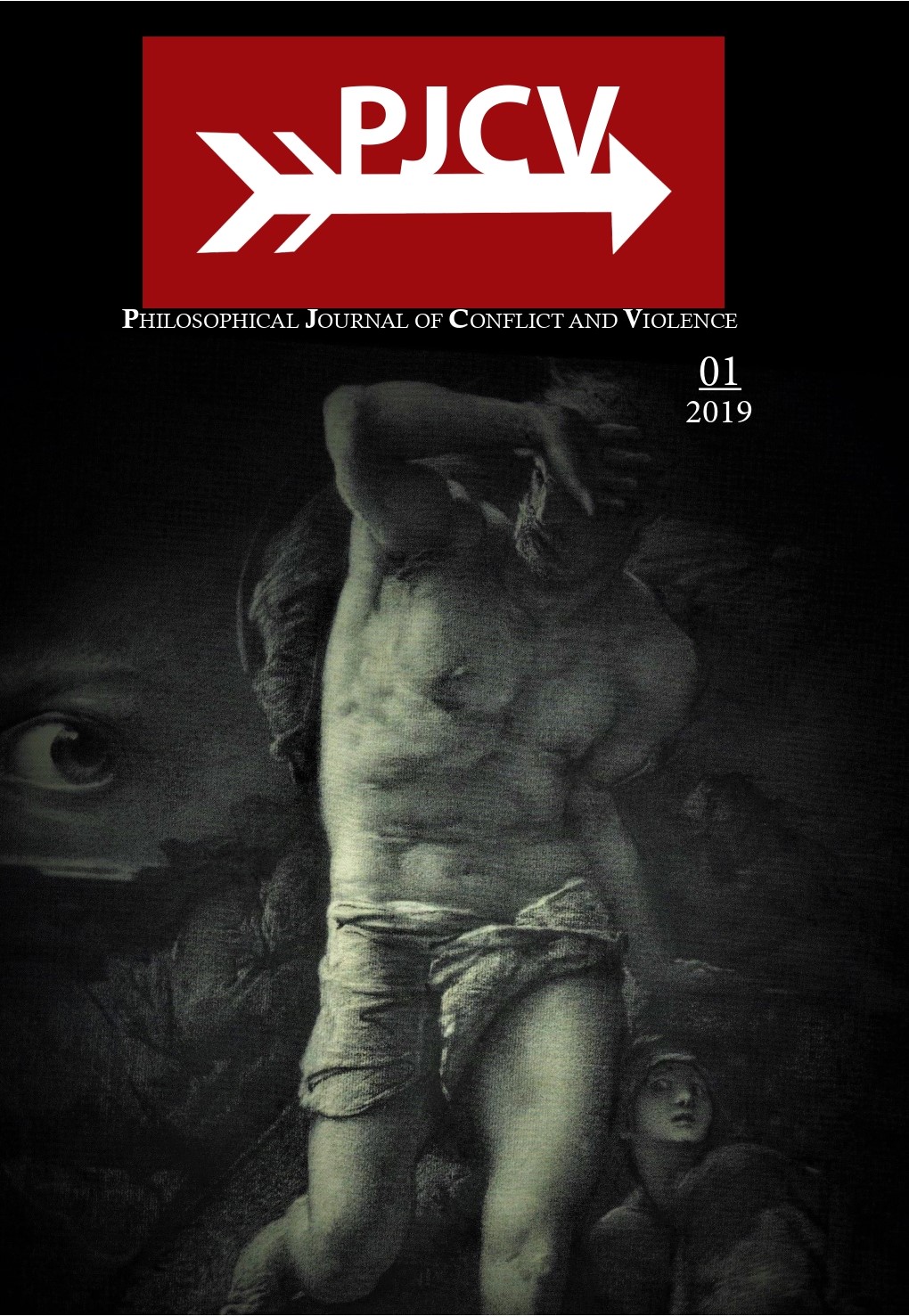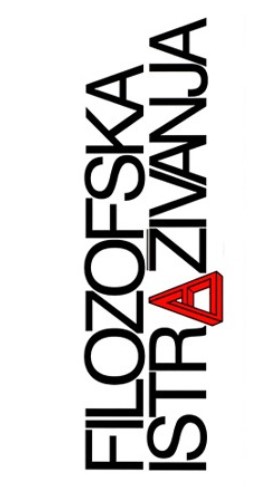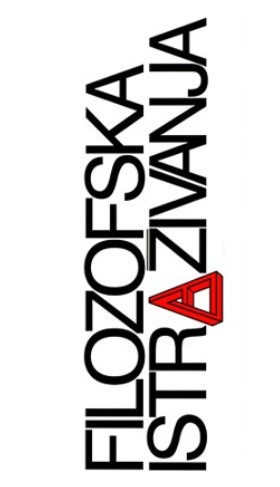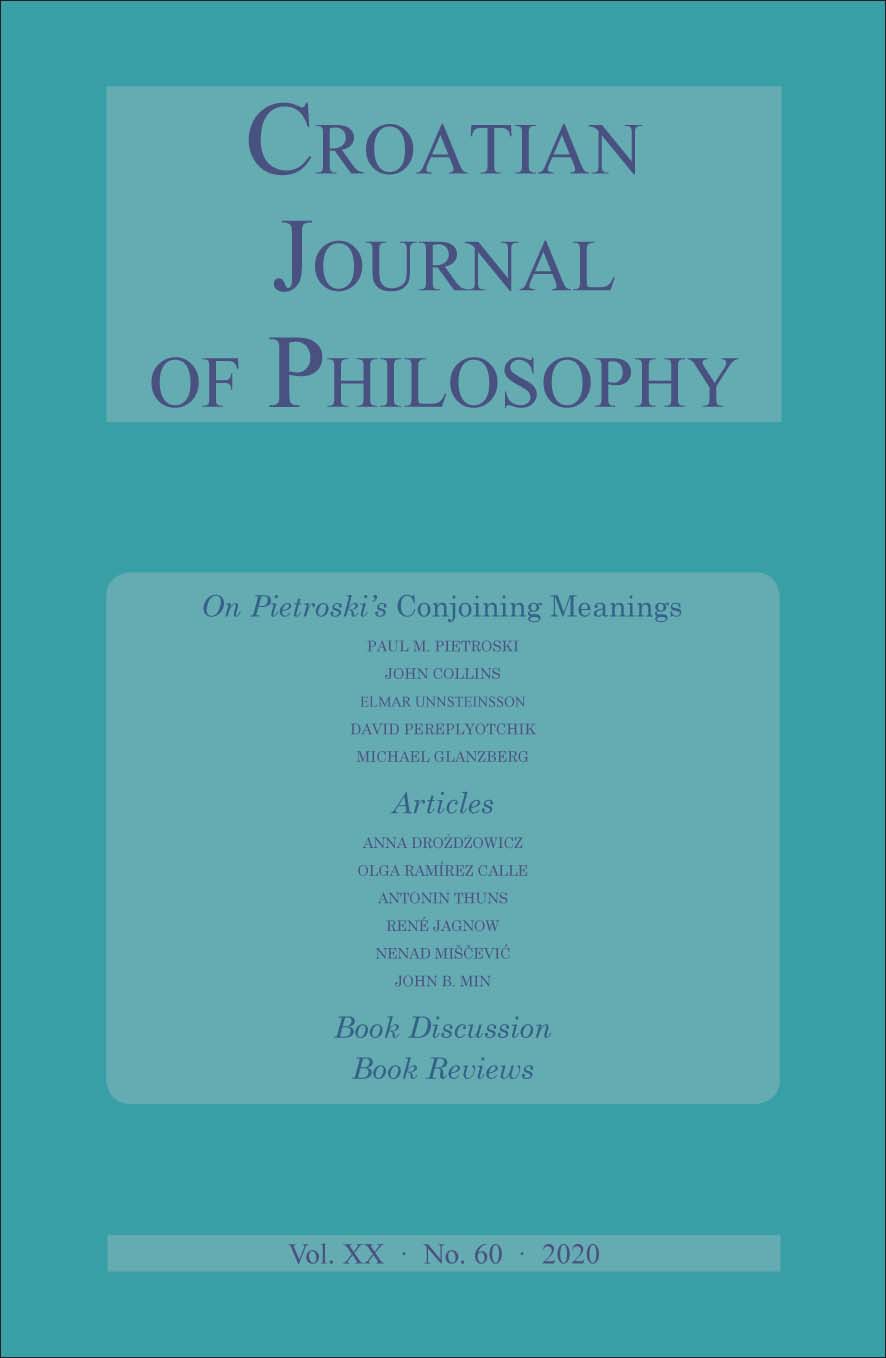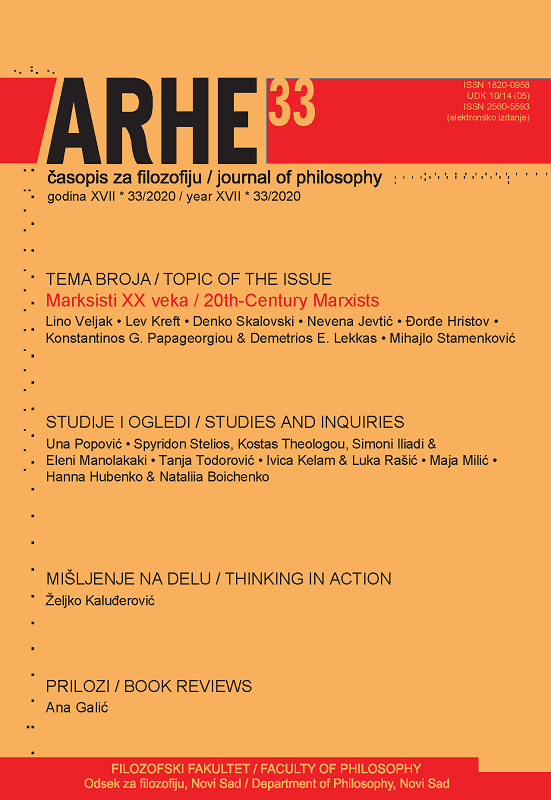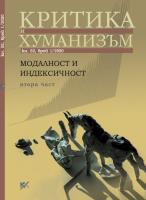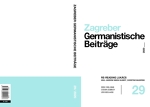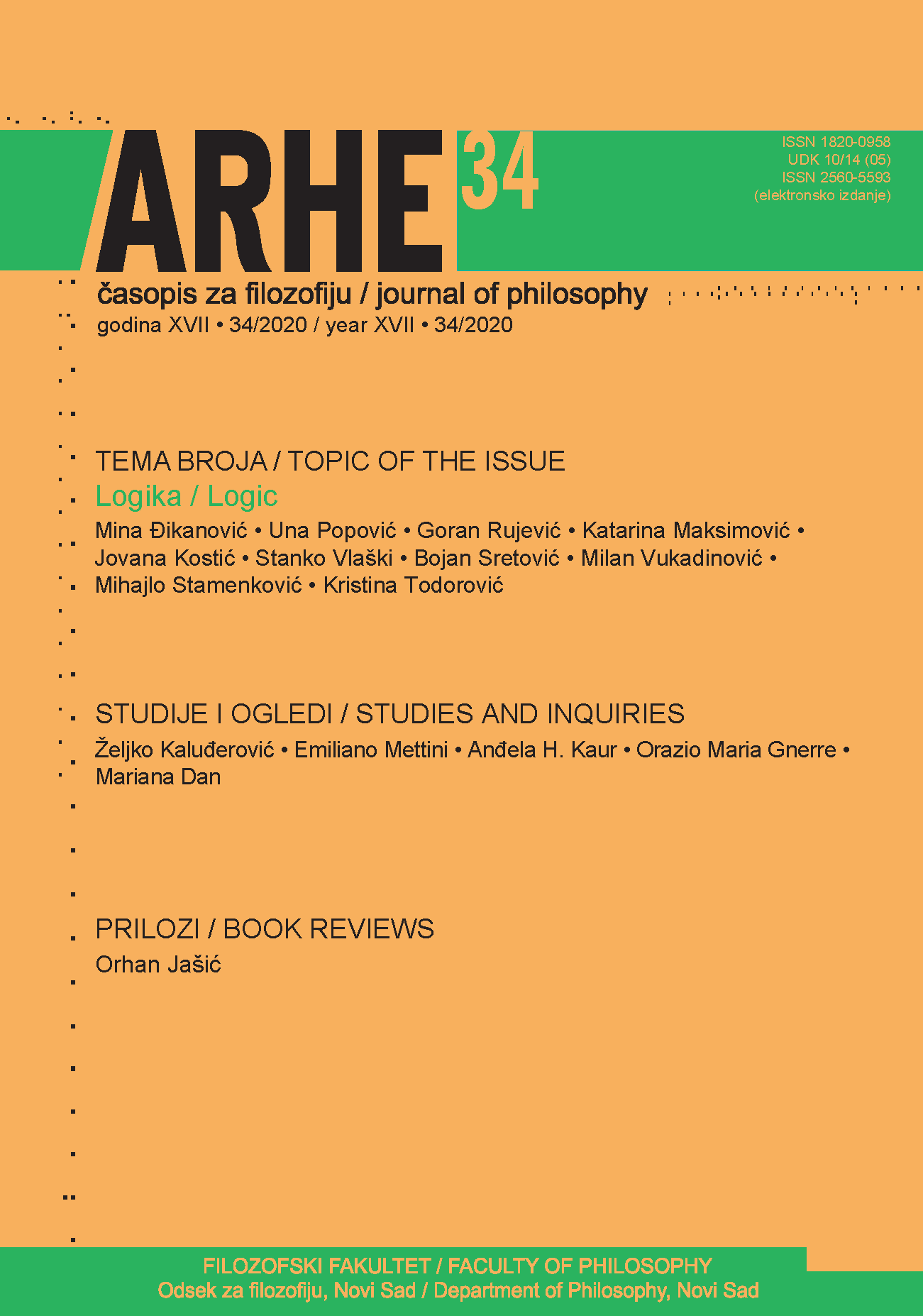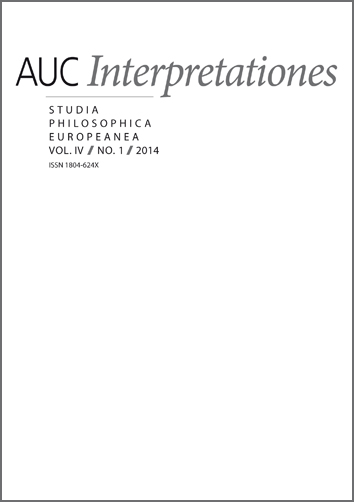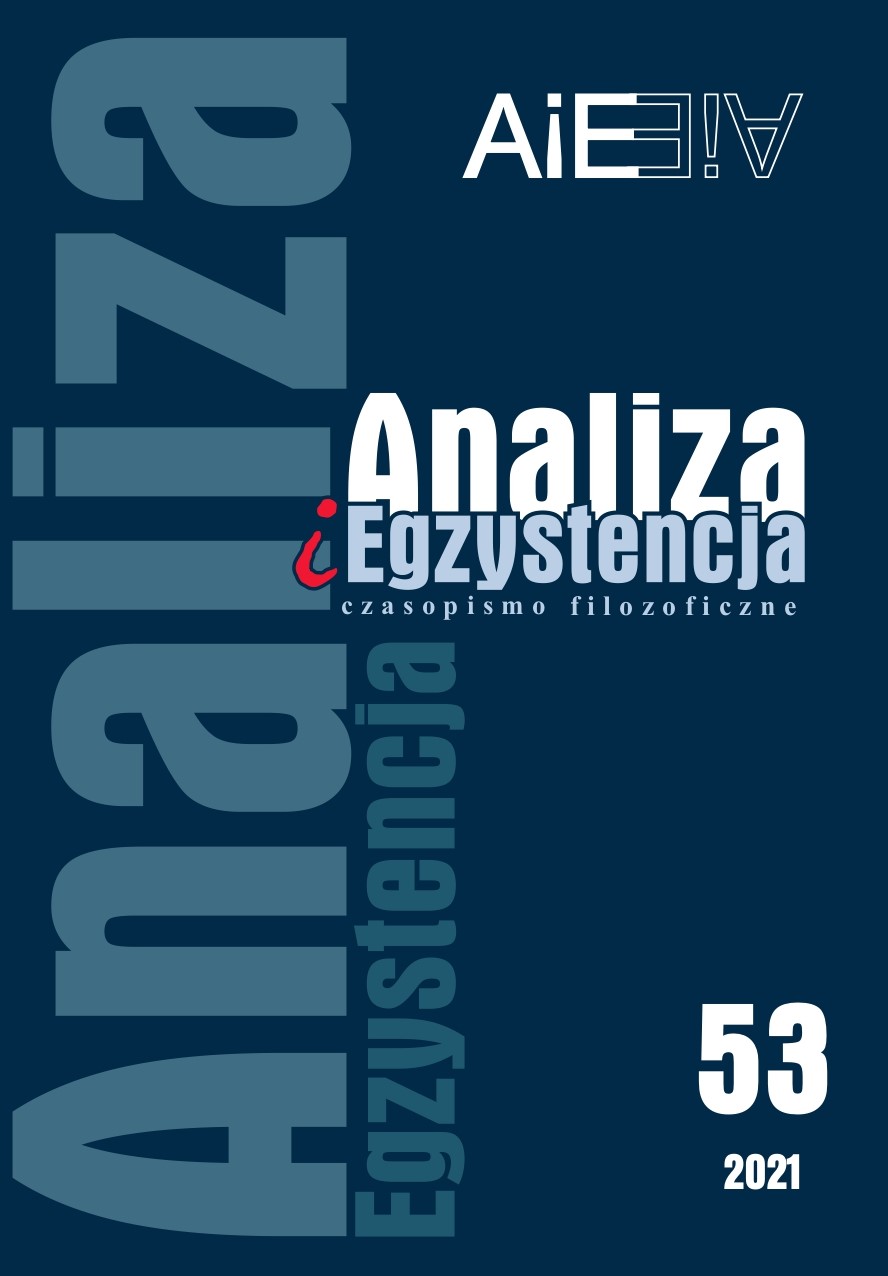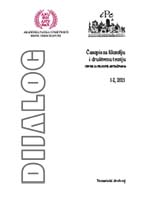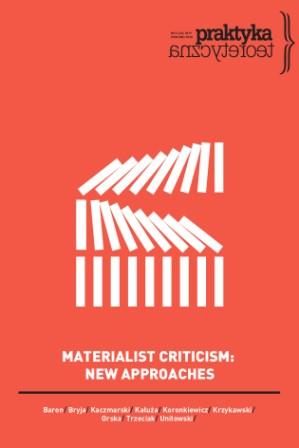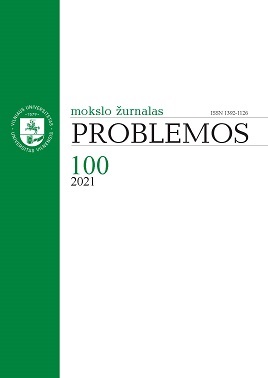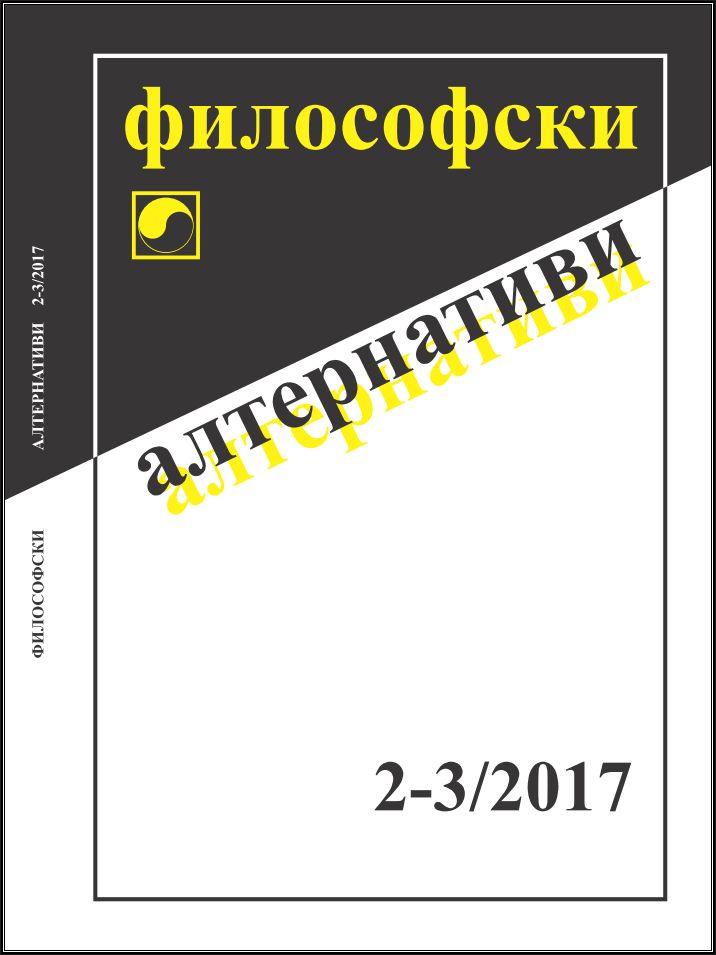
Структури на възможното и тяхната метафорика
The possible has become a distinct construction in philosophical theories, but this would imply that it should be amenable to structuring in certain ways and figures, which could be used as instruments in theoretical construction. The article offers several models of the possible, built with their original and leading metaphoricity. Starting from Aristotle’s model of the possible, it is interesting to see how this view of “the possibility of a thing” leads to “the concept of force” in Hobbes and Leibniz. The construction of the possible is especially interesting in that it is like a field, an area, where multiple things have their positions. Here, of course, the leading viewpoint is the construction of space proposed by Hobbes, but no less interesting is Leibniz’s critique of absolute empty space as a “sensorium”, Newton’s amazing metaphor. Introduced as a field, a universum, the possible requires to be filled up, requires its own “spectrum”, “degrees” (in Kant’s term), with steps taken and inner construction works done to intensify and organize it, and attains Leibniz’s famous concept of “the best of all possible words”. Finally, the article structures the unchained connections and correlatives in the triad of “possibility-actuality-necessity”, with its models and metaphoricity in Hobbes, Leibniz and Kant, and offers a description of the three modal areas in one common and absolute relation.
More...
